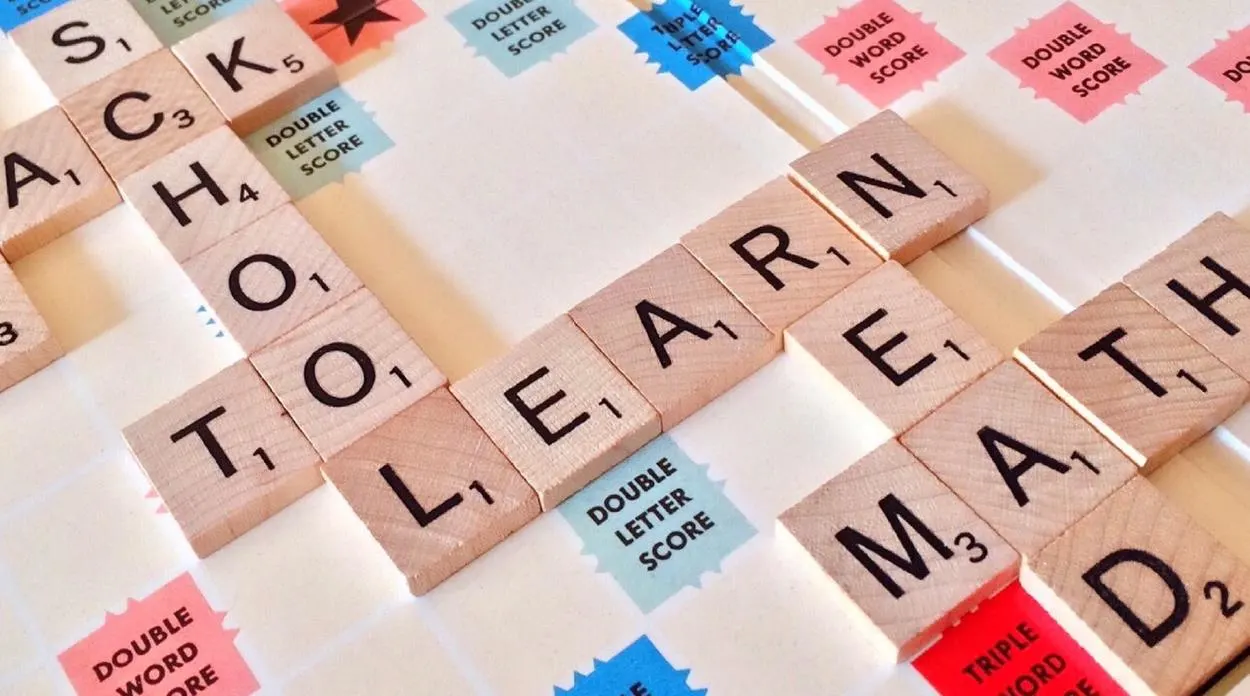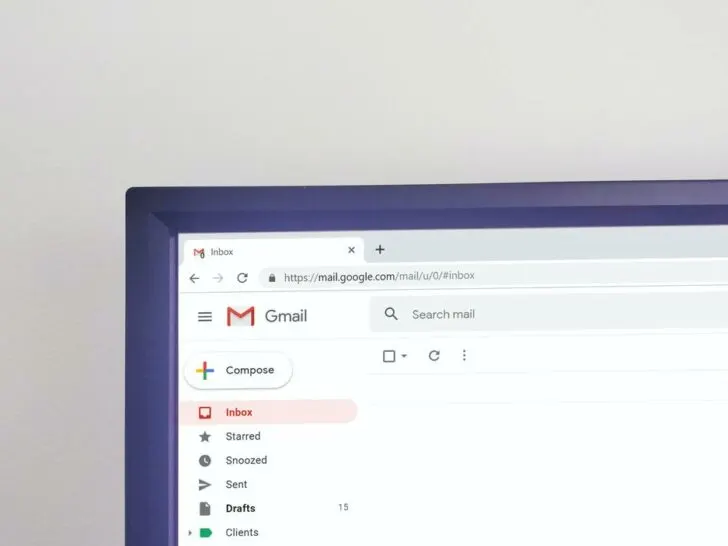Verb tenses are crucial. You’ll find them in more places than you think in English. If you want to make sure you’re using them correctly, you’ve got to understand them.

This article will explain the basic difference between “you’ve had” and “you had.” Most of the time, people use them alternatively, implying the same meaning but it’s not the case.
“Hope you’ve had “ is a present perfect simple tense phrase. This tense is mostly used for things that started in the past and are still happening. In contrast to this phrase, “hope you had” is a past simple tense phrase and is used for past actions that started and ended in the past.
Here’s what you need to know about both phrases.
“Hope You’ve Had A Good Weekend” Or “Hope You Had A Good Weekend”, Which one is Correct?
Both of these phrases are correct, and you can use both in different moments.
These phrases depend on the “distance” between the moment of speaking and the weekend. If you’re sending an email when the weekend is still going, you’ll use “hope you’ve had a good weekend.” “Have” is an auxiliary verb in this phrase, and “had” is the main verb.
However, if you’re sending an email to someone after the weekend, you’ll use “hope you had a good weekend.” In this case, it’ll refer to the weekend that had just passed. In this phrase, “had” is the main verb, and no auxiliary verb is involved.
You can use any of these phrases. Keep in mind the time periods you’re referring to avoid any confusion.
Key Difference Between Both Phrases
You can understand the difference between the two phrases if you know your tenses perfectly. The key difference between both phrases is:
- Present Perfect Tense: Hope you’ve had a good weekend.
- Simple Past Tense: Hope you had a good weekend.
When Can You Use “Hope You’ve Had A Good Weekend” In An Email?
You can use “Hope you’ve had a good weekend ” in your email when the weekend is still going on.
You make the present perfect tenses by combining an auxiliary verb (“have”) and a past tense verb (“had”). This tense shows that something that started in the past will continue to the present.
You can use this phrase if you’re sending an email on Sunday evening or Saturday while your weekend is not over.
It refers to the ongoing event, although it started in the past. However, it’s not part of the past, and you’re expecting people to enjoy their remaining weekend.
Examples Of Using “Hope You’ve Had A Good Weekend”
Here are some examples for you that you can use in your emails.
- Hope you’ve had a good weekend, and let me know if you need anything before tomorrow.
- I hope you’ve had a good weekend, I’m looking forward to meeting you all tomorrow again at the office.
- I hope you’ve had a good weekend, but it’s time to get your head into gear for tomorrow.
Similarly, you can say various things with these phrases to deliver your required message. Just keep in mind the correct tense usage.
When Can You Use “Hope You Had A Good Weekend” In An Email?
It would be best to use “hope you had a good weekend” when the weekend is over.
“Had” is the third form of have. It’s used mostly in the past tense. You don’t need any auxiliary verb in past simple tense. It’s pretty simple!
You can use “hope you had a good weekend” in your email when the weekend is already over.
The use of “had” in this statement indicates that event was in the past. You can use it in the case when you want to refer to the events of the previous weekend.
Examples Of Using “Hope You Had A Good Weekend”
A bunch of examples is listed below to clarify these statements further.
- I hope you had a good weekend; those pictures made many of your followers jealous.
- I hope you had a good weekend; let’s start working hard to meet those deadlines!
- I hope you had a good weekend away from all this work stress.
You can use these and many more ways to deliver your message to others. You can use it any day from Monday to Friday.
If you want to know the correct usage of ‘have had’ and ‘has had,’ here is a video.
Which One Of These Statements Are More Appropriate And Professional?
You can use both of these statements as they’re professional and polite and are occasionally used in workplaces.
With these two statements, you can learn more about your colleagues’ social and private lives and find out if they enjoy themselves on their time off.
You use polite words like “hope” to show that you care about other people’s happiness. It encourages them to work enthusiastically and makes the environment workplace friendly.
Why Is It Important To Ask Your Colleagues If They Had A Good Weekend?
It’s important to ask your colleagues these phrases because it shows how much you care about them.
People have troubles and difficulties just like they have fun and exciting adventures. It would help if you kept checking on them from time to time. With that attitude, you can build more solid relationships and work well with everyone.
You should share your lives outside of work with your coworkers to show that you’re a human being just like them. It shows your positive attitude towards your fellows and subordinates.
What Is The Proper Way To Respond To These Statements?
You can respond to these statements in various formal and informal ways.
The response to these statements depends on your weekend and the type of email. If it’s a formal email, respond in formal language and avoid the use of slang words. However, in the case of friends, you can reply with informal statements.
Here are a few example statements through which you can respond to these phrases.
- Yes, I’m having lots of fun. Thank you!
- It was great. Thank you!
- So far so good. Thanks for asking. I wish the same for you.
Key TakeAways
The basic difference between the phrases, “hope you’ve had a good weekend” and “hope you had a good weekend,” is that of tenses. In simple words, the difference between both is that of time.
“Hope you’ve had a good weekend” is the statement used in the past perfect tense. The past perfect tense refers to the event that started in the past but continues in the present.
In this statement, “have” is used as an auxiliary verb, and “had” is used as a main verb. You can use this statement if you’re sending an email during the weekend, like on Saturday or Sunday night while the weekend is not over.
In contrast, “hope you had a good weekend” is the statement used in the simple past tense. This tense refers to the event that occurred in the near past.
“Had” is used in this statement as the main verb. You can use this statement in your email if you’re sending the email on weekdays, like any day from Monday to Friday.
So, keep the event’s time in your mind while using both these statements, and you’re good to go!
This article hopefully cleared up your doubts about these statements. Hope you had a good read!
Related Articles
- Call me Ben VS Call Ben for me
- Absurdism VS Existentialism VS Nihilism
- The Difference Between Fascism and Socialism
Click here to learn more about the difference of these phrases in a more summarized manner.

